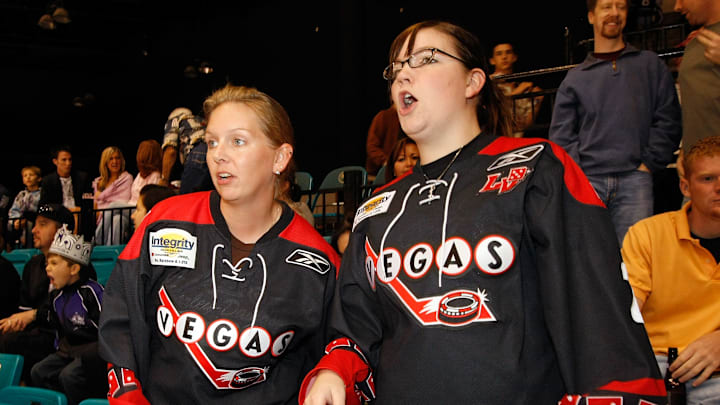ECHL players and owners are currently working on a new collective bargaining agreement. While they do that, the players are still operating under the old agreement. Thus the labor negotiations really have had no effect on the league so far from a fan’s point of view.
Then last week the players put out an “open letter” describing their side of the story and what their fighting for. Many hockey figures in the media shared the message. They, like fans, were surprised by the low wages and intense game schedule. You can read the full letter here, but there was one thing that stood out to us.
One thing that was cited by the players in their quest for higher wages was the money teams and owners make from selling things such as concessions, souvenirs, and the like in the arenas. “Even as ticket prices rise and revenue from merchandise, food, and beverages continues to grow, players collectively do not receive a share of these revenues” the open letter from the professional Hockey Players Association writes.
Here’s the problem, and where that might cause a future problem for the NHL. Are those “food, merchandise and beverage” sales hockey related revenue? Hockey related revenue is what is namely negotiated with the league in terms of how much will be split among owners and players for wages. Remember the infamous 2004-2005 lockout saw players get 57% of that hockey related revenue. As part of the 2012-2013 negotiations that dropped to an even 50/50 split. The lack of hockey related revenue because of the pandemic is what lead to the escrow that prevented the salary cap going up any substantial amount until next season.
The 2005 CBA stated things like concessions and “in arena novelty sales” were apart of hockey related revenue. If these revenues become a major part of the ECHL and their union discussions, could NHL players take notices? Bettman and NHLPA president Marty Walsh have both spoken about the almost unprecedented labor peace the two sides have enjoyed since Walsh took over. Looming issues, such as Olympic participation, salary cap increases, and the relocation of the Arizona Coyotes franchise, all seem to have handled with relative ease.
Don’t forget the NHL and NHLPA have extended their CBA to the 2029-2030 season. That includes an increase to an 84 game season, something we previously talked about players could use as a convincing argument for a higher payday. With the main issues NHL players were concerned about resolved so we don’t expect any changes at the ECHL will make NHL players want to reconsider.
What makes the ECHL different is that some of the problems their players faced aren’t shared with NHL players. ECHL players face an affordability crisis while even NHL players at the league minimum are handsomely compensated. The logistics of minor league travel mean players are playing these physically demanding games with the amount of rest as an afterthought. "ECHL players aren’t getting proper rest that respects the physicality of the game and us as professionals” says the open letter. Meanwhile in the NHL you almost never see a team player more than four times a week.
The ECHL players just want to get closer to having some of those benefits. They’re smart, they know they are in a different economic situation. Fans know leagues like the ECHL are an important part of the hockey infrastructure that leads to a great NHL product. Appealing to fans with this “open letter” was an interesting strategy, but one they hope would earn sympathy and empathy as opposed to the anger some fans felt towards players in former NHL lockouts.
